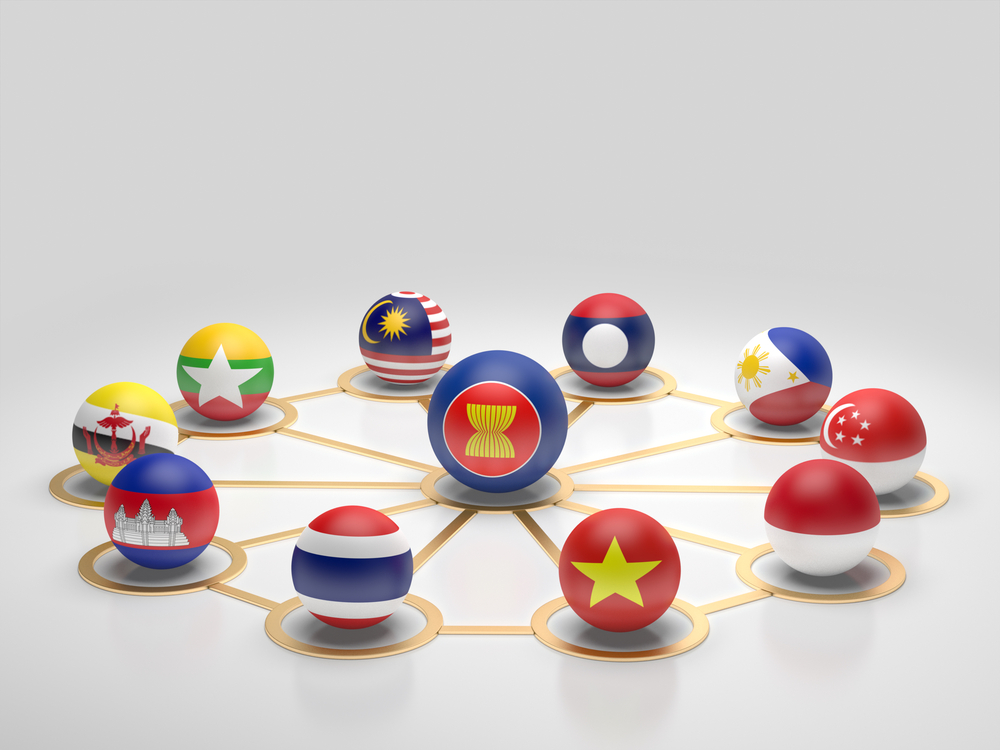The EU has been pushing for global adoption of its AI Act, but ASEAN countries are reportedly opting for a less rigid business-friendly approach to AI regulation.
The Association of Southeast Asian Nations (ASEAN) represents 10 states in Southeast Asia comprised of more than 600 million people. The disparate nature of the cultures, ethnicities, and religions of the member states makes it difficult to enact one-size-fits-all regulations.
Reuters reported that it had seen an unpublished draft of the ASEAN “guide to AI ethics and governance.” The guidelines are expected to be published at the end of January 2024 and will take feedback into account from tech companies like Meta, Google, and IBM.
The EU AI Act is highly prescriptive and proposes fines of up to €30m or 6% of global profits, whichever is higher for those that breach the rules.
The ASEAN guide encourages countries to support and fund safe AI research and development without specifying practices that would be unacceptable.
Adoption of the guide will not be mandatory for member states and it simply suggests that companies consider countries’ cultural differences when deploying their AI products.
In a more homogenous bloc like the EU, achieving consensus is already tricky. Issues like Thailand’s strict laws surrounding criticism of the monarchy, or Indonesia’s religiously aligned laws make the task even more daunting.
Generative AI in China is already restricted when it comes to political hot topics like Tiananmen Square or the status of Taiwan. Is it realistic to expect an AI tool to avoid all cultural, religious, and political sensitivities of the ASEAN nations?
Member states also see AI as an opportunity for economic growth and don’t want to stifle that with overregulation. The immediate potential to create new jobs and boost productivity in the region may see them kick the AI regulation can down the road for now.
The ASEAN approach seems to align more with that taken by Japan. Yutaka Matsuo, chair of Japan’s AI strategy council said the EU rules were a “little too strict” and that it was “almost impossible” to regulate issues like training AI with copyrighted material.
As noble as the EU’s efforts may be, it seems increasingly unlikely that its AI Act will achieve global adoption. If anything we’re more likely to see an East-West split in AI regulation.
It will be interesting to see if the drive for safer AI will be trumped by faster advancement in less regulated countries. It’s unlikely that companies like Meta, Google, or IBM will be encouraging ASEAN countries to support the EU AI Act.





